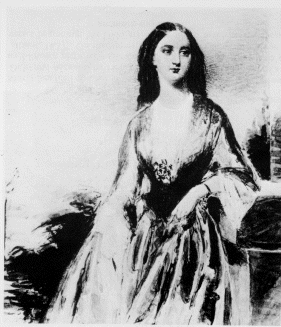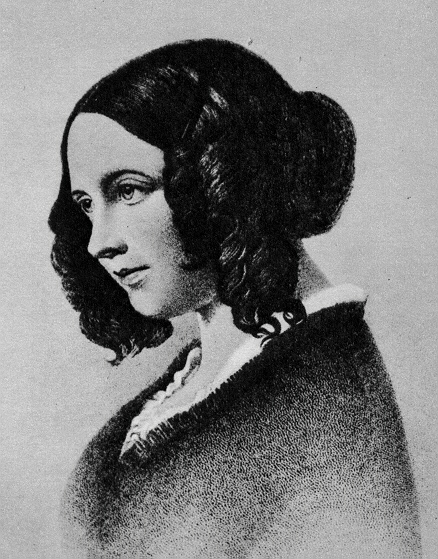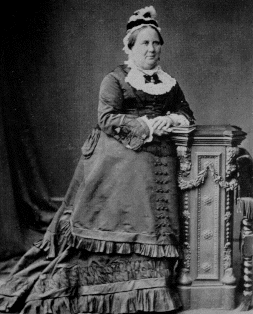
Catherine Dickens in 1846.


Catherine Dickens in later life.

Catherine Dickens in 1846.


Catherine Dickens in later life.
"Your letter of yesterday was so kind and hearty, and sounded so gently the many chords we have touched together, that I cannot leave it unanswered, though I have not much (to any purpose) to say. My reference to 'confidences' was merely to the relief of saying a word of what has long been pent up in my mind. Poor Catherine and I are not made for each other, and there is no help for it. It is not only that she makes me uneasy and unhappy, but that I make her so too -- and much more so. She is exactly what you know, in the way of being amiable and complying; but we are strangely ill-assorted for the bond there is between us. God knows she would have been a thousand times happier if she had married another kind of man, and that her avoidance of this destiny would have been at least equally good for us both. I am often cut to the heart by thinking what a pity it is, for her own sake, that I ever fell in her way; and if I were sick or disabled to-morrow, I know how sorry she would be, and how deeply grieved myself, to think how we had lost each other. But exactly the same incompatibility would arise, the moment I was well again; and nothing on earth could make her understand me, or suit us to each other. Her temperament will not go with mine. It mattered not so much when we had only ourselves to consider, but reasons have been growing since which make it all but hopeless that we should even try to struggle on. What is now befalling me I have seen steadily coming, ever since the days you remember when Mary was born; and I know too well that you cannot, and no one can, help me. Why I have even written I hardly know; but it is a miserable sort of comfort that you should be clearly aware how matters stand. The mere mention of the fact, without any complaint or blame of any sort, is a relief to my present state of spirits -- and I can get this only from you, because I can speak of it to no one else." In the same tone was his rejoinder to my reply. "To the most part of what you say -- Amen! You are not so tolerant as perhaps you might be of the wayward and unsettled feeling which is part (I suppose) of the tenure on which one holds an imaginative life, and which I have, as you ought to know well, often only kept down by riding over it like a dragoon -- but let that go by. I make no maudlin complaint. I agree with you as to the very possible incidents, even not less bearable than mine, that might and must often occur to the married condition when it is entered into very young. I am always deeply sensible of the wonderful exercise I have of life and its highest sensations, and have said to myself for years, and have honestly and truly felt, This is the drawback to such a career, and is not to be complained of. I say it and feel it now as strongly as ever I did; and, as I told you in my last, I do not with that view put all this forward. But the years have not made it easier to bear for either of us; and, for her sake as well as mine, the wish will force itself upon me that something might be done. I know too well it is impossible. There is the fact, and that is all one can say. Nor are you to suppose that I disguise from myself what might be urged on the other side. I claim no immunity from blame. There is plenty of fault on my side, I dare say, in the way of a thousand uncertainties, caprices, and difficulties of disposition; but only one thing will alter all that, and that is, the end which alters everything."
(John Forster, The Life of Charles Dickens)
